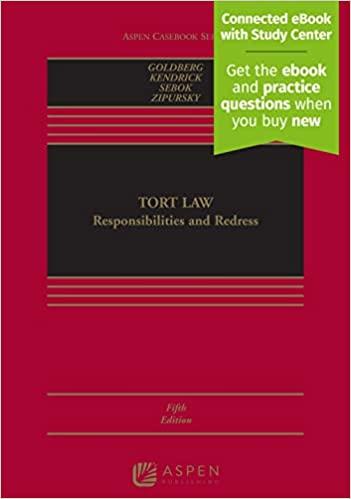Question
The Raman Catholic Church was not always as supportive of capitalism as it eventually became. In fact, both Henri See, in a study titled Modern
The Raman Catholic Church was not always as supportive of capitalism as it eventually became. In fact, both Henri See, in a study titled Modern Capitalism, and Harold Berman, in his book Law and Revolution, refer to the work of French historian Henri Pirenne, who wrote extensively about the development of capitalism in Europe in the middle ages. According to Berman, Pirenne points out that the church often took a decidedly anti-capitalist's position, especially in relation to such thing as moneylending and placing an unfair value on goods. On the other hand, See points out that, when circumstances were right in certain areas of Europe, notable the Low countries of Holland and Seeland, the Church was willing to support those emerging businessmen who worked diligently to create authentic form of modern capitalism that included moneylending. Even Max Weber does not deny that certain theologians in the medieval church managed to support growth of capitalism. The question before us is this: What religious values would operate to oppose capitalism? What is it about the very nature of religious doctrine that place it in opposition to making a profit? On the other hand, what arguments can overcome this religious opposition to making a profit? Explain all your answers.
Step by Step Solution
There are 3 Steps involved in it
Step: 1

Get Instant Access to Expert-Tailored Solutions
See step-by-step solutions with expert insights and AI powered tools for academic success
Step: 2

Step: 3

Ace Your Homework with AI
Get the answers you need in no time with our AI-driven, step-by-step assistance
Get Started


